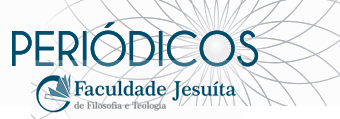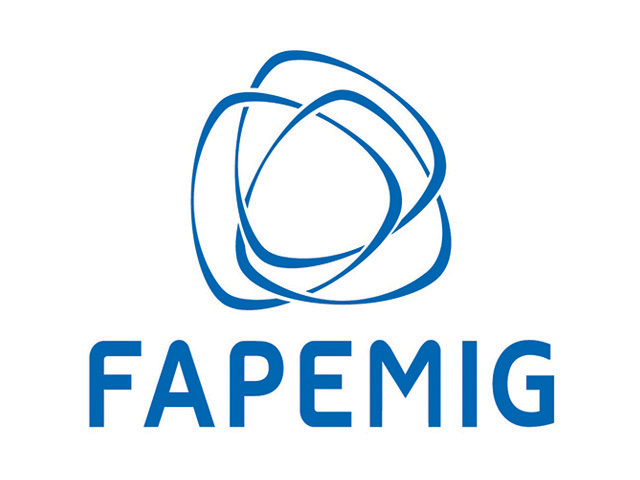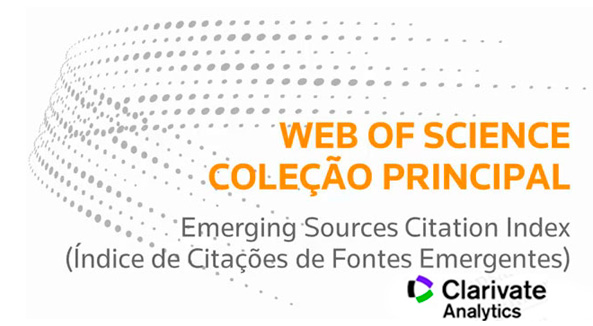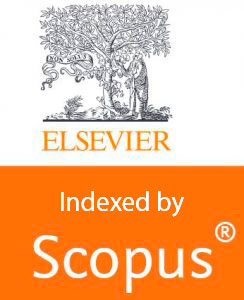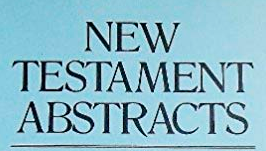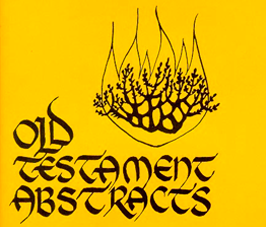KARL RAHNER E AS RELIGIÕES
DOI:
https://doi.org/10.20911/21768757v36n98p55/2004Palavras-chave:
Cristianismo, religiões, salvação, teologia, pluralismo.Resumo
O teólogo Karl Rahner, um dos mais importantes e criativos teólogos da tradição católica no século XX, teve um papel fundamental no incentivo à abertura da igreja católico-romana à s diversas tradições religiosas. Este artigo tem como objetivo traçar os passos fundamentais da reflexão de Rahner sobre o tema das religiões, com base nos diversos textos produzidos por ele a respeito. Partindo de sua antropologia teológica, que sinaliza a compreensão do ser humano como evento da autocomunicação de Deus, o artigo visa a abordar a questão de sua percepção do lugar positivo assumido pelas religiões no plano salvífico de Deus e indicar os passos de sua abordagem sobre o tema do “cristianismo anônimo”. Ao final, busca-se fazer uma avaliação de sua perspectiva inclusivista.
ABSTRACT: Karl Rahner, one of the most important and creative theologians of the Catholic Tradition in the 20th Century, played a fundamental role stimulating the openness of the Roman-Catholic Church toward the diverse religious traditions. The article's objective is to trace the fundamental steps of Rahner's reflection concerning religions. It's based on a diversity of texts produced by him about this theme. Stemming from his anthropological theology, which signals a comprehension of the human being as an event of the self-communication of God, the article seeks to engage in the notion of his perception of the positive place assumed by religions in God's salvific plan. And also, indicating the steps he took while undertaking the theme “Anonymous Christian”. In the end, the article seeks to present an evaluation of his inclusivist perspective.Downloads
Downloads
Publicado
Como Citar
Edição
Seção
Licença
Após a aprovação do texto submetido, os autores deverão encaminhar uma carta de direitos autorais assinada, cujo modelo se encontra na guia "Declarações" no topo do site da revista.



